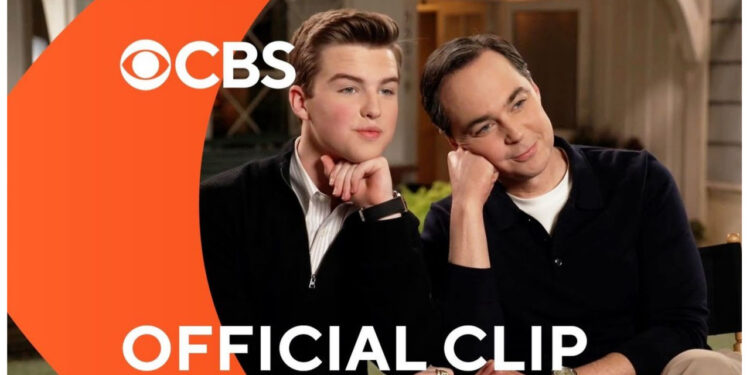Iain Armitage caught their attention through an audition tape that he had recorded on a cell phone while on Christmas break at his grandparents’ house.
I first encountered Armitage during an interview with Tracy Smith on “Sunday Morning” in 2017. She posed the question, “Where do you see yourself in 20 or 30 years?”
“I hope to be performing magic tricks in Las Vegas,” he responded.
Armitage has managed to achieve something truly remarkable – not only has he successfully contributed to the success of a popular network TV show, but he has also gained widespread fame, all while maintaining a pleasantly approachable demeanor.
At the age of 15, Armitage reflects on the ending, expressing, “I constantly remind myself that if I ever feel sadness about this, it’s only because the experience has been incredibly amazing and wonderful.”
Armitage admitted that although he feels a sense of familiarity on the set of “Young Sheldon” (“It is funny, I think of this as my house,” he chuckled), he still hasn’t fully adjusted to being a television star. He finds it strange to see commercials for the show when he’s at home, on Thursdays at eight. However, he believes that in addition to delivering his lines, it’s important to stay true to Jim Parsons’ brilliant portrayal of Sheldon while also bringing his own unique touch to the character.
Jim Parsons reflects on the irony that many fans of the show “Young Sheldon” are unaware of its predecessor, “The Big Bang Theory.” He shares that his friends with children often mention how “Young Sheldon” is constantly playing in their homes. Parsons finds it amusing that the younger demographic, who may not know about “The Big Bang Theory,” still enjoys “Young Sheldon.” He appreciates the show’s ability to captivate a new generation of viewers.
The question that arises is why the creators of the show are choosing to end it despite its popularity. One reason could be the timeline. With seven seasons under its belt, “Young Sheldon” is now encountering plot points from its predecessor, “The Big Bang Theory,” which adds a layer of complexity.
According to Molaro, it’s possible that the reason behind the success of the character Sheldon Cooper is because he has achieved an important purpose. Molaro shares that some of his most cherished moments are when mothers approach him after a panel with their sons, saying, “My son’s a lot like Sheldon.” Molaro understands that these kids are facing challenges and feeling different, and he appreciates that the character has helped them feel more accepted.
For additional information, please refer to the following section:
This story was produced by John Goodwin and edited by Mike Levine.










